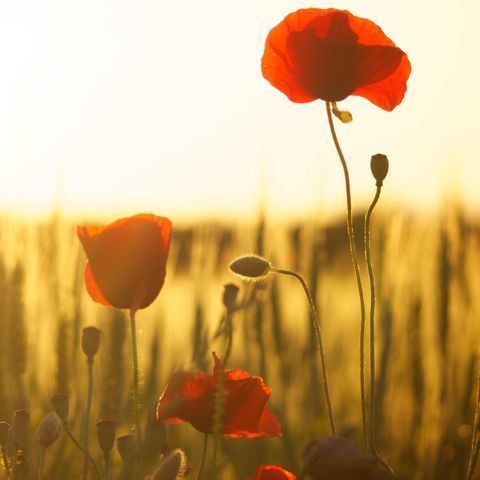
The way workplace hazards impact workers, particularly workers of color, is nothing new. When I started with Worksafe in 2012, we were helping Warehouse Worker Resource Center (at the time Warehouse Workers United) file a Cal/OSHA complaint. Domingo Blancas, a Latino immigrant, had fallen ill while working in an extremely hot warehouse in Ontario, California. Like many temporary warehouse workers, Domingo had never been trained on heat illness symptoms or emergency procedures. In fact, his employer disregarded his pleas for help.
Domingo’s life is precious and unique; there is only one of him. Sadly, his employer’s callous attitude is not unique at all. During my time at Worksafe, I have seen that tolerance for workplace harm has always been oppressive – rooted in racism and classism. It's a system that normalizes treating black and brown workers as disposable, forgettable, and replaceable.
Domingo survived heat stroke after being hospitalized for three days. His experience with indoor heat hazards – along with many other workers of color, immigrant workers, and low-paid workers – influenced a change in the law in 2016. SB 1167 (Mendoza) required Cal/OSHA to create a standard with specific employer requirements for indoor heat protections by 2019. It's now ten months into 2020, and that standard has yet to be finalized. To me, this serves as a reminder that advocacy does not end when a change is made on paper. We have to keep fighting until change is executed and enforced.
Now, as I leave Worksafe, COVID-19 is highlighting just how dangerous work has always been for black and brown workers like Domingo. Some of these workers are still carved out of Cal/OSHA protections. This reality has catapulted us into reimagining our relationship with work. And workers are leading important changes – whether through legislative advocacy to gain Cal/OSHA coverage for domestic workers and day laborers or by pushing for stronger workplace protections from hazards like COVID-19.
As I reflect on my time with Worksafe, I’m grateful for our successful advocacy on behalf of folks like Domingo. As a woman of color, I take great pride in being able to serve as conduit for my community. I’m filled with a great sense of appreciation for this work and a great sense of responsibility to keep moving the dial towards justice. Together, we can change this paradigm.


